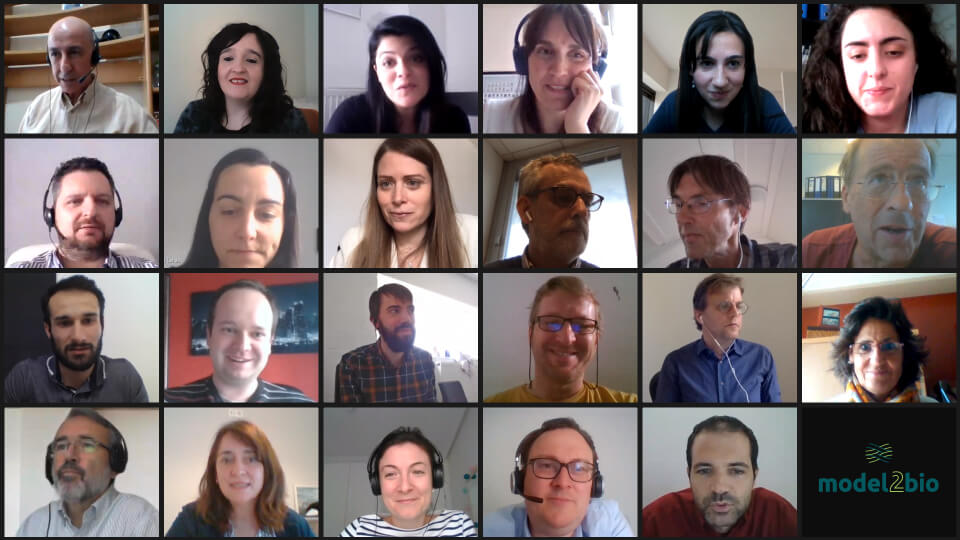A waste management solution for almost 50% of global waste
A new EU project, Model2Bio, is set to develop a pioneering tool to predicts bio-based residual streams generated in the agri-food industry and to identify best routes for reusing this waste. The tool will be tested and validated for sectors such as meat, vegetables, dairy and alcoholic beverages in Spain, Belgium, Netherlands and Greece.
Model2Bio will put forward a solution classified as a Decision-Support System, a rule base decision approach based on mathematical models, logic rules, cost functions and restriction. As a predictive simulation software, the tool will take into account the physicochemical characteristics of the bio-based residual streams in the agri-food sector and their utility depending on social, economic, environmental and regulatory criteria of the geographical area.
Coordinated by Asociación Centro Tecnológico (CEIT), the project combines the strengths of think-tanks, technology development entities, research centres, universities, industrial companies and public authorities from six European countries.
The project was launched this week and included participants from Centro Tecnológico de la Industria Cárnica y Centro de Innovación y Tecnología Alimentaria de España (CTIC-CITA); the Engineering Faculty of the Universidad de Navarra (Tecnum); Wageningen Food & Biobased Research (WFBR), the Belgian scientific and technical support centre CELABOR; the Cluster of Bioeconomy and Environment of Western Macedonia (CluBE); CLUSTER FOOD+I Association; agri-food industry Flanders’ FOOD cluster; the engineering and consultancy company from Poland IZNAB; the European Science Communication Institute (ESCI) and the Waste Management Company of Western Macedonia (DIADYMA).
The inclusion of this waste as a feed-stock in bio-based industries is a global challenge
Current management practices include animal feed, composting incineration and landfill. Model2Bio will last three years and will receive funding from Bio-Based Industries Joint Undertaking part of the European Union’s Horizon 2020 research and innovation program. The result will be aligned with the Circular Economy concept and will contribute to the European Union´s objective to significantly reduce the amount of biowaste sent to landfills and make them a highly valuable substitute for fossil-based resources.
